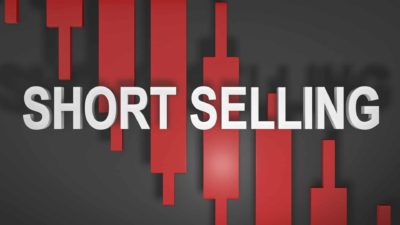It's a good day for ASX shares investors today. The S&P/ASX 200 Index (ASX: XJO) is up 0.35% and the S&P/ASX All Ordinaries Index (ASX: XAO) is up 0.34%.
There's some good economic news likely contributing to this market momentum today. The Reserve Bank of Australia has told a government hearing that it believes inflation in Australia has already peaked.
But that doesn't mean there aren't more interest rate rises coming.
Head of the RBA's economic analysis team Marion Kohler fronted the senate select committee on the cost of living today.
In her opening statement, Kohler said:
… we think the peak in inflation was at the end of 2022 – at around 8 per cent – and that inflation will begin to ease over the course of this year".
What does this mean for ASX shares?
Inflation is a problem for most ASX shares because it increases input costs for companies.
Some ASX shares are less affected by cost inflation because they can offset it. They can do this by increasing the prices they charge consumers for their products and services.
The companies that can do this without too much trouble are in the consumer staples sector of the ASX. Examples include Coles Group Ltd (ASX: COL) and Woolworths Group Ltd (ASX: WOW).
Some companies have inflation built into their contracts, which means when inflation goes up, so does their income. Examples include Transurban Group (ASX: TCL), which has about 70% of its toll road contracts linked to inflation. So, they're somewhat protected.
But all in all, most companies will tell you they prefer inflation at the lower end of the scale. Typically, the lower their costs, the higher their profits.
What about interest rates?
Inflation is the sole reason interest rates have gone up so much over the past 12 months. So, if inflation has peaked, does that mean interest rates won't go any higher?
Sorry, no.
Unfortunately, we have a long way to go before getting inflation back into the RBA's comfort zone of 2% to 3%. And that's what they want.
The latest quarterly inflation report for December showed a higher-than-expected increase in the consumer price index (CPI). It went up 1.9% over the quarter to bring the annual rate for 2022 to 7.8%.
The RBA Board is "focused on returning inflation to target", according to Kohler. This means despite the pain that rising rates are causing businesses and borrowers, they will go on.
Kohler explained that continuing to increase rates meant inflation would fall faster.
She said:
We understand that some people are finding the rise in interest rates difficult to manage and others will have to cut back on discretionary spending.
However, higher interest rates are necessary to ensure that the current period of higher inflation and cost of living pressures does not persist too long.
The impact of further increases to interest rates on ASX shares is two-fold.
Firstly, it's another rising input cost for any company with debt on its books.
Secondly, rising rates mean homeowners will keep tightening their belts, which usually means cutting back on discretionary items.
That's not good for ASX consumer discretionary shares, nor other ASX shares like travel stocks.
The RBA Board will meet again on Tuesday to make its next monthly interest rate decision.
The experts reckon a 25 basis point rise is on the cards, taking the official cash rate from 3.1% to 3.35%.









